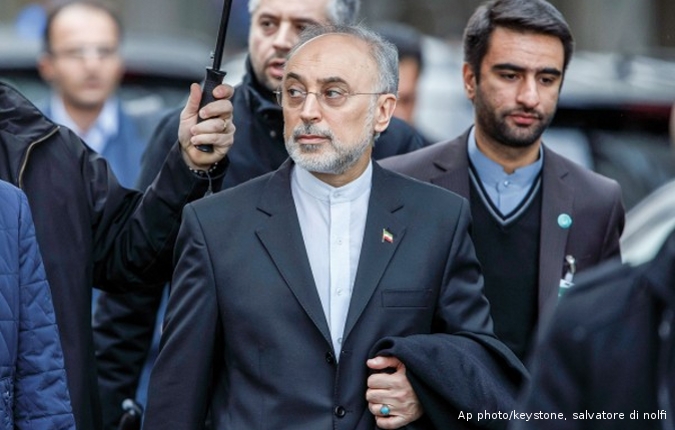|
|
The P5+1 Nuclear Agreement with Iran Opens the Door for Cooperation in Fusion Research
12 August 2015
EIRNS—In an exclusive interview held in his office in Tehran and published yesterday in Science magazine, the head of Iran’s Atomic Energy Organization, Ali Akbar Salehi, reported that in his first assignment to head Iran’s nuclear program a number of years ago, "I made fusion our essential goal. It was given our highest priority because fusion is the future source of energy." Currently, Iran has two or three very small, table-top-sized experiments, which they describe as tokamaks, used mainly by students, which were supplied by the Russians and possibly also the Chinese. Russian and U.S. fusion scientists say the research in Iran is "comparable to what Russia and the U.S. did in the 1970s," but it can lay the basis for now integrating Iranian scientists into international fusion research. On ITER, Selehi said, "We are ready to pay our contribution. We are working with ITER on a scientific level." As ITER is already under construction, Iran would not be able to join as a partner, but specific avenues for cooperation in fusion will be under discussion, and some possibilities were put forward in an article three weeks ago in Science magazine. Salehi explained that when the nuclear negotiations were at an impasse, Iranian officials asked him to join the talks. He said that he would do that only if his opposite number in the U.S., Department of Energy Secretary Ernest Moniz, also did. It is clear that these two nuclear physicists were able to untangle highly technical issues, allowing the sides to reach compromises. Although they did not know each other at the time, Salehi, 66, was at MIT getting his PhD in nuclear engineering in the mid-1970s, when Energy Secretary Ernest Moniz was also there. In the interview, he said that when they met face-to-face during the negotiations, "I felt as if we had known each other for so long," because they had mutual friends and colleagues. Marsha Freeman |


